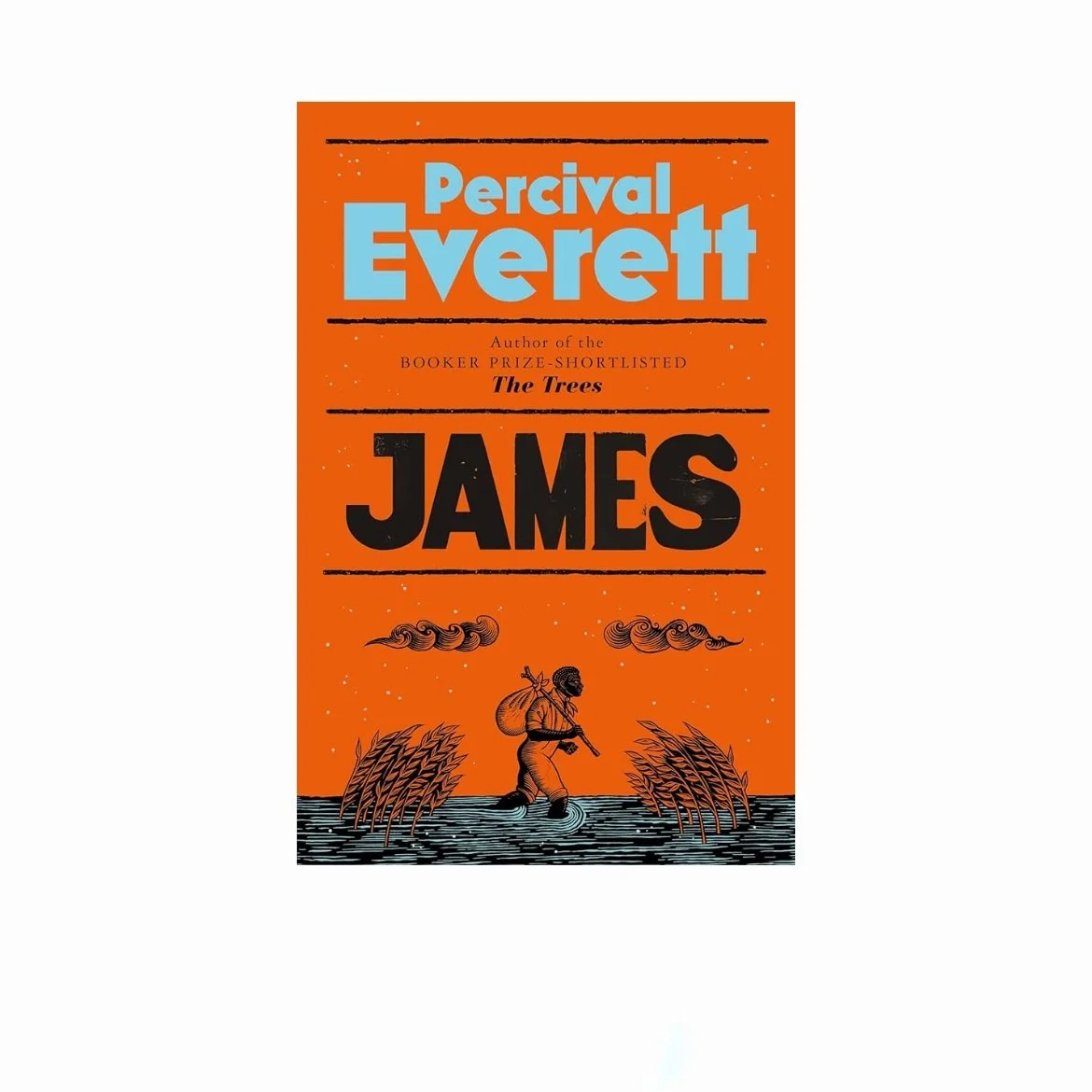
James (2024)
James is, in its simplest sense, a retelling of Mark Twain's classic The Adventures of Huckleberry Finn, from the perspective of the slave Jim. The original is loved and criticised (particularly around its complex handling of race relations) in equal parts, and Everett engages with it with a similar mix of obvious love for the source material and a clear sense of purpose in its interrogation of some of its more problematic aspects.
The Fraud (2023)
The Fraud is a historical novel set across the nineteenth century and focusing on two apparently disconnected real-world storylines. One is the story of the Tichbourne Claimant, one of the longest trials in British legal history in which a butcher in Wagga Wagga, Australia comes forward claiming to be the presumed-dead minor British aristocrat Sir Roger Tichbourne. The other is the story of forgotten British novelist William Harrison Ainsworth, who mixes with a literary milieu including the likes of Dickens and Thackeray, has early-career success with ‘scandalous’ novels, one of which outsells Oliver Twist, but by the bulk of the novel’s story has fallen on tougher times and is something of a critical laughing stock.
Booth (2022)
Booth is the story of the eponymous Booth family, across much of the nineteenth century. Ostensibly, it’s about the build-up to the assassination of Abraham Lincoln by the family’s most infamous son, John Wilkes Booth. But it’s really about much more than that. Its extensive scope touches on family dynamics, generational shifts, the Civil War and abolition of slavery in the US, the world of the Theatre in which the Booth family are embedded, and a whole lot more. Fowler began writing the novel while considering one of many recent mass shootings in the States: how might the perpetrator’s family be impacted? Her informative author’s note at the novel’s conclusion also highlights that she stopped writing for some time around the election of Trump, before realising that in writing Booth she was engaging with issues that were still very much present in the modern world.
Property (2003)
Property is told from the perspective of Manon Gaudet, the wife of a slave-owning sugar plantation owner in the Louisiana countryside in the 1820s. We initially have some sympathy for Manon, as we are introduced to her cruel and abusive unnamed husband through her eyes. Unhappy in her arranged marriage, her hatred for her husband is compounded by his frequently consummated obsession with the young slave Sarah, with whom he has two children (including a child revealed to be deaf), while Manon remains childless.
Blonde Roots (2009)
Blonde Roots has a concept that’s hugely appealing in its simplicity: it imagines a world in which the history of the slave trade is inverted, where “blak Aphrikans” are the masters and “whyte Europanes” the enslaved. Its central character is Doris Scagglethorpe, a white Englishwoman who is kidnapped as a child and taken on a slave ship to the New World (in the "West Japanese" islands) where she is acquired by the plantation owner Bwana, also known as Chief Kaga Konata Katamba I. She is ultimately moved to the imperial capital of Londolo, in the island of Great Ambossa where she becomes a "house slave" until her attempt to escape. As punishment, she is returned to the plantation and ends up labouring in the fields, suffering incredible hardship and dreaming of a final escape.
Sacred Hunger (1992)
Sacred Hunger is a 620-page epic centred around the a slave ship, the Liverpool Merchant, in the 1750 and 60s. The ship is owned by the Kemp family, with the younger Erasmus Kemp one of its principle players. His cousin, against whom Erasmus bears a childhood grudge, Matthew Paris, has recently been released from a prison sentence for spreading proto-Darwinist propaganda, a crime which also inadvertently led to the death of his wife Ruth. He elects to join the crew of the Merchant as ship’s doctor, as a form of penitence and attempt to escape from his former life, much to the chagrin of the vessels’ terrifying commander, Captain Thurso.






